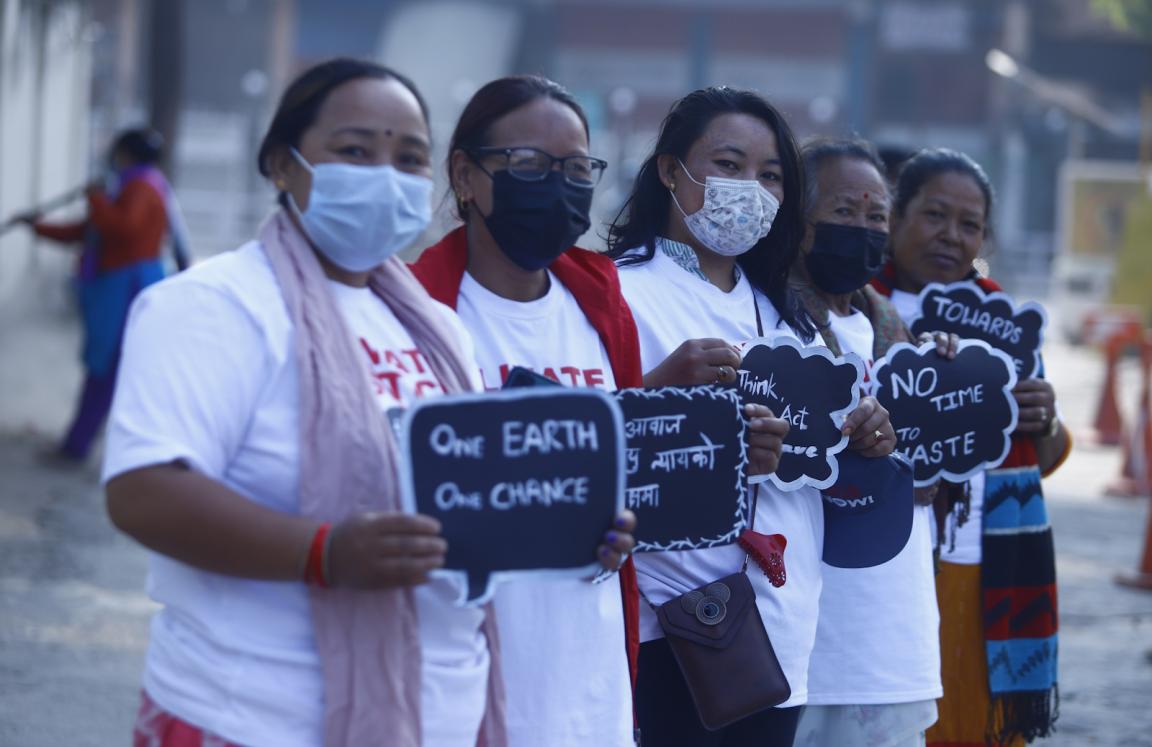
Harnessing women and young people's power to advance the agenda of gender and climate Justice through youth-led activism and response actions
According to a report on 'Disaster Risk Reduction in Nepal: Key Challenges and Ways Forward', produced by the Ministry of Home Affairs, Nepal ranks 4th in vulnerability to climate change, 11th in vulnerability to earthquakes, and 30th in vulnerability to floods. The country also faces critical challenges from landslides, fires, and epidemics. Unfortunately, disaster preparedness appears to be a weak aspect of governance in this sector. While Government of Nepal introduced the Disaster Risk Reduction and Management Act in 2017 and relevant Regulations in 2019 and many municipalities have also promulgated their disaster management laws, proper implementation of these laws remains a substantial issue in Nepal. As the same time Nepal is full of laws and policies, overlapping with each other which seems to be harmonized.
Experience shows that disasters disproportionately impact women, children and PLiP and women are often the initial responders during humanitarian crises. However, their capabilities and invaluable contributions have regrettably remained unnoticed. It is imperative to enhance community resilience comprehensively, necessitating the disruption of the poverty cycle that perpetuates their vulnerability.
We will give special attention to advancing the agenda of climate justice. This will involve facilitating action research on the effects of climate change and mitigating measures, disseminating this information within working areas and beyond, and providing support to enable people, especially in agriculture and disaster contexts, to implement mitigating measures.